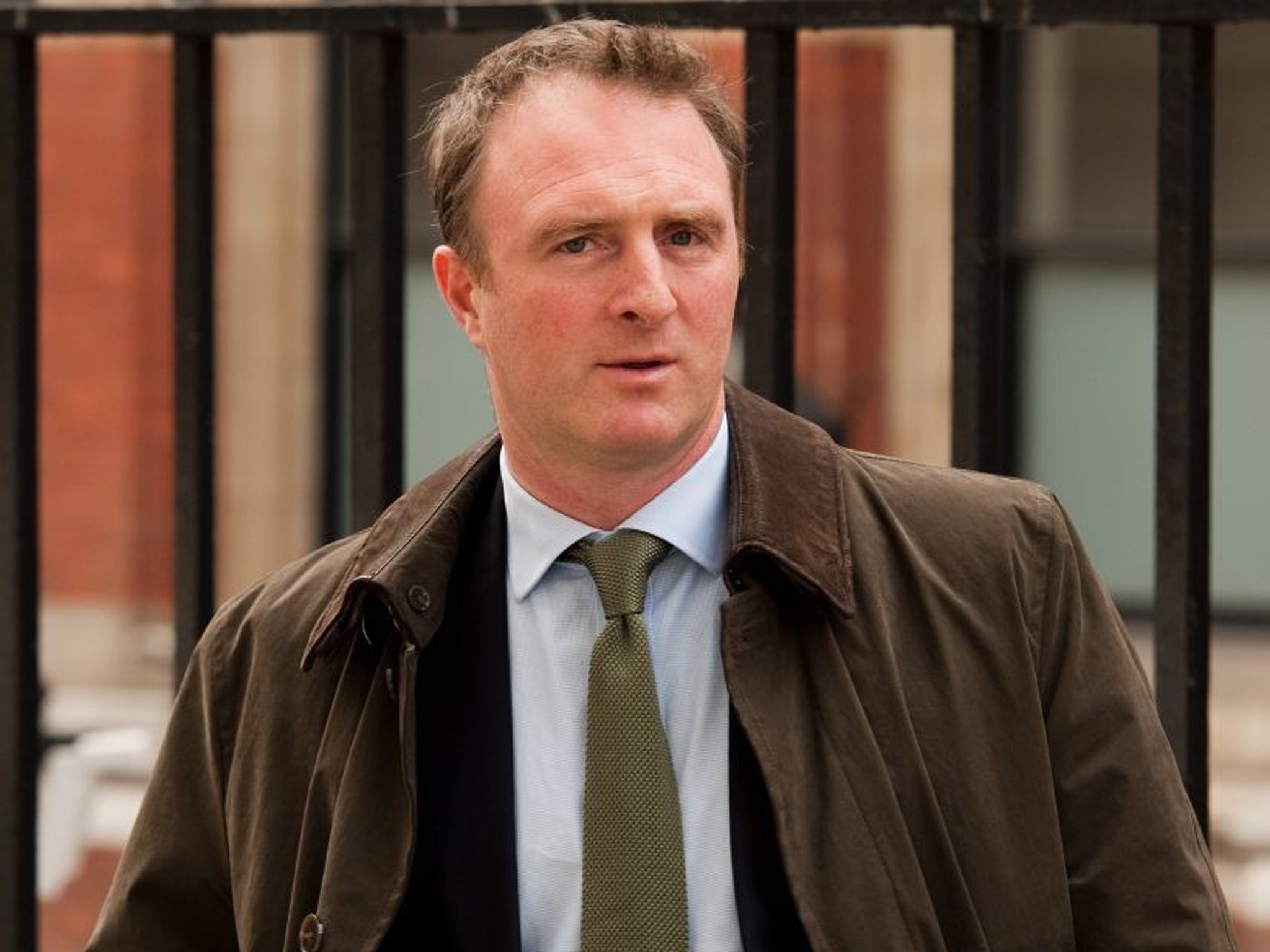James Harding steps down as editor of The Times
'It has been made clear to me that News Corporation would like to appoint a new editor'

The youngest ever editor of The Times, James Harding, dramatically resigned yesterday afternoon, saying Rupert Murdoch’s News Corp media empire had “made clear” that he should stand down.
Harding, 43, who had held the job for five years, had won praise in other parts of the media for the paper’s sometimes critical coverage of its parent company’s handling of the phone hacking scandal. But the editor’s position had been weakened after he was forced to apologise over his paper’s involvement in outing a police blogger by computer hacking a personal email account.
His departure comes at a pivotal moment for the British press and for the publishing side of Rupert Murdoch’s media empire. Harding last week organised a meeting of British newspaper editors in order to prepare an industry response to proposals for radical reform outlined in the Leveson report.
He leaves the job at the end of the month and is expected to be replaced by John Witherow, who has been editor of the Sunday Times for 18 years. Martin Ivens, the long-standing deputy editor of the Sunday Times, is set to move to the top position on the paper. It is being speculated that Witherow could be given a senior role over both The Times and the Sunday Times to effectively create a seven-day news operation but this would require the company to ask the Culture Secretary for a change in the undertakings, given by Mr Murdoch when he acquired Times Newspapers in 1981, to protect the identities of the two titles. News Corp has not requested such a change.
Mr Harding’s resignation – with his comment to staff that “It has been made clear to me that News Corporation would like to appoint a new editor of The Times” – will also raise questions over the strength of Mr Murdoch’s assurances to the Leveson inquiry that he does not interfere in the running of his papers.
Harding won admirers for The Times’s bravery in sometimes being very critical of News Corp’s behaviour in the hacking scandal, and the editor made reference to this. “In uniquely difficult circumstances I hope we have covered the story that has swirled around us with the integrity and independence that the readers of The Times expect of us,” he said.
In a statement yesterday, Mr Murdoch said: “James has been a distinguished editor for The Times, attracting talented staff to the paper and leading it through difficult times. I have great respect for him as a colleague and friend, and truly hope we can work together again.”
Harding’s resignation is part of a wider shake up of News Corp following the decision to divide the company into two. While the highly-profitable film and entertainment division is being rebranded as Fox Group, the publishing arm – which has been damaged by ongoing police investigations into phone hacking and bribery of public officials at News International – will carry the News Corp name and be based in New York.
The publishing division, which includes the Wall Street Journal and The Australian titles, will be headed by another former Times editor Robert Thomson, under whom Harding served as business editor. Despite the nature of his resignation, Harding remains well-placed to take a News Corp role in the United States – with Mr Murdoch’s hopes that they would “work together again”. The promotion of British-born Gerard Baker to editor in chief of Dow Jones and the WSJ means he is looking for a deputy. But it is understood that Harding has had conversations with the company about several possible positions and has not found the roles sufficiently attractive. As a result he is set to leave the company at the end of this month.
In his leaving speech to staff, Harding expressed pride in the paper’s investigations into tax avoidance and child sex grooming. He stressed his role in modernising the outlook of a 227-year-old paper historically known as “The Thunderer” for its strong editorial positions. “Where we have moved the position of the paper – on the deficit, gay marriage, industrial policy, climate change – I hope even the readers who don’t agree with our judgment will respect our thinking,” he said. Harding thanked Murdoch for the “great honour” he did him appointing him editor.
In a tweet last night, the former Sunday Times editor Andrew Neil praised Harding’s editorship but said the paper had become “way too liberal/wishy-washy for Old Rupe”.
Subscribe to Independent Premium to bookmark this article
Want to bookmark your favourite articles and stories to read or reference later? Start your Independent Premium subscription today.

Join our commenting forum
Join thought-provoking conversations, follow other Independent readers and see their replies